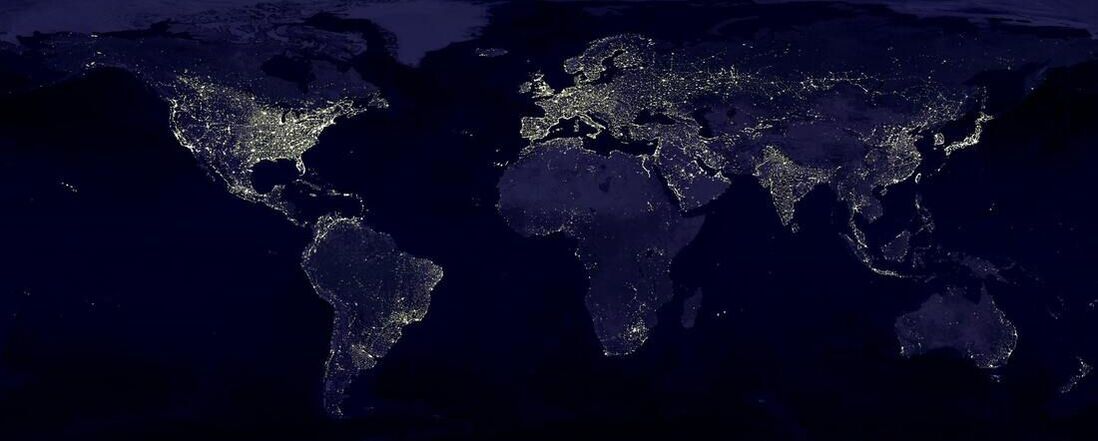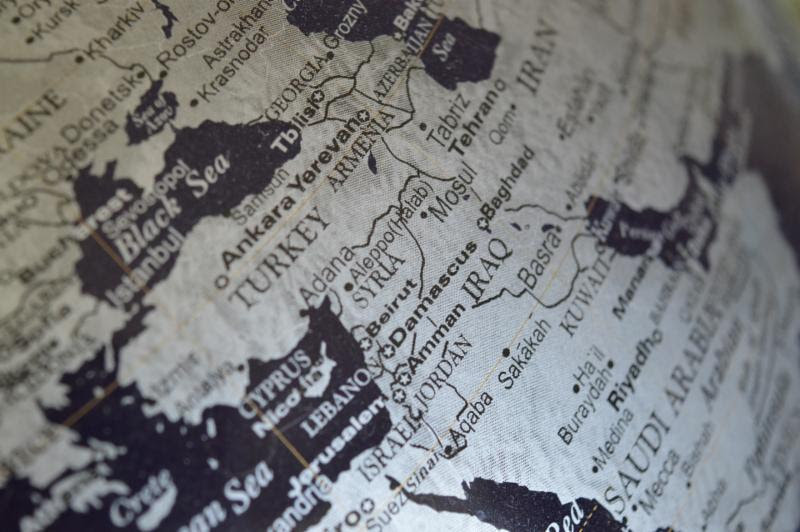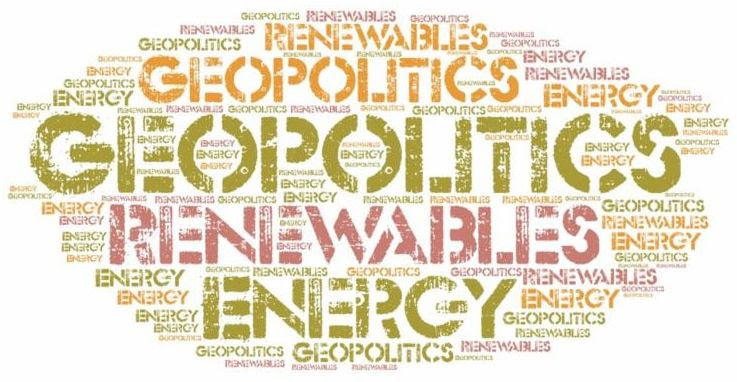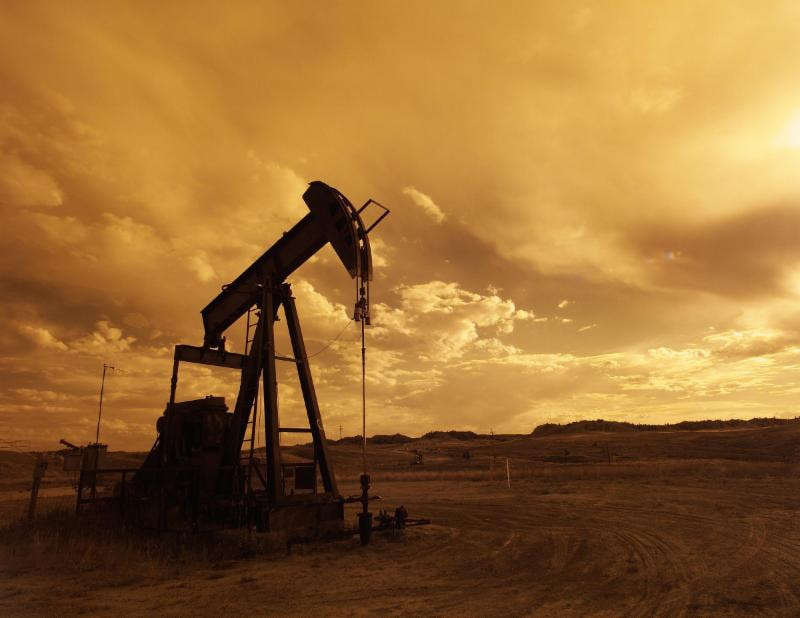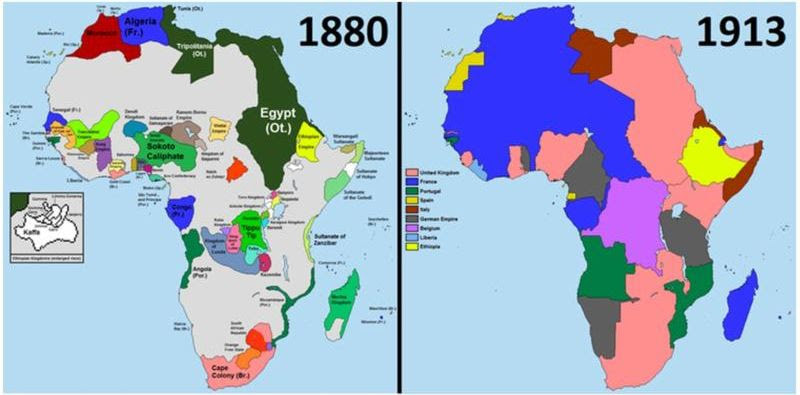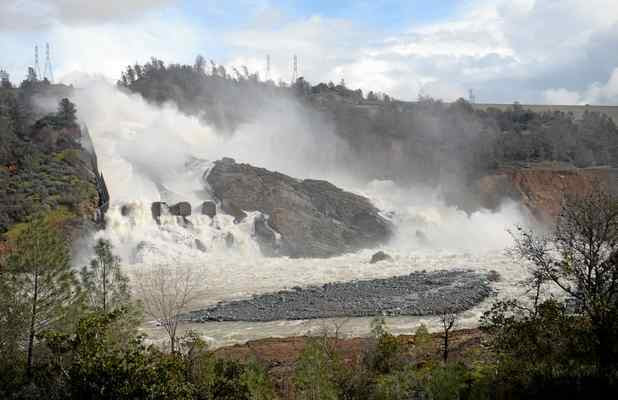Once upon a time not so long ago, "energy security" meant a stable, predictable and plentiful supply of oil from the Middle East and a handful of other petro-states. This simple paradigm shaped nearly everything - the global economy, geopolitical diplomacy, and the primacy of consumer choice over the environment.
We are currently in the midst of a revolution, but what exactly is being disrupted? Perhaps it is the very meaning of "energy security." Answers to fundamental questions about energy security are different than they were even a few years ago. Is there enough energy available to meet the needs of both the developed and developing world? Are the energy systems upon which the world depends protected and secure? And how will answers to these questions impact the environment in the future? (Answers for the "old" energy security order: very few people in the developed world cared; security meant a powerful military presence overseas; and, only the fringe thought deeply about it.)
This issue of Energy Today offers new ideas about energy security. Two articles, Geopolitical Implications and How Renewable Energy Will Change Geopolitics, anticipate energy security in a new world order, while The Myth of Energy Security offers a counter - that the more things change, the more they stay the same. Energy security today is so much more complex: it includes new and emerging technologies (Residential Storage Security) as well as new and developing policies (The Green New Deal and Colonial Influence). The exclusive article for Premium Members, The Water, Food, and Energy Nexus Is More Complex Than You Think, argues that energy security requires urgent system-wide solutions.
Note: Editors intentionally did not include an article about cyber-security in this issue because a forthcoming issue of Energy Today will be entirely dedicated to the topic.
We are currently in the midst of a revolution, but what exactly is being disrupted? Perhaps it is the very meaning of "energy security." Answers to fundamental questions about energy security are different than they were even a few years ago. Is there enough energy available to meet the needs of both the developed and developing world? Are the energy systems upon which the world depends protected and secure? And how will answers to these questions impact the environment in the future? (Answers for the "old" energy security order: very few people in the developed world cared; security meant a powerful military presence overseas; and, only the fringe thought deeply about it.)
This issue of Energy Today offers new ideas about energy security. Two articles, Geopolitical Implications and How Renewable Energy Will Change Geopolitics, anticipate energy security in a new world order, while The Myth of Energy Security offers a counter - that the more things change, the more they stay the same. Energy security today is so much more complex: it includes new and emerging technologies (Residential Storage Security) as well as new and developing policies (The Green New Deal and Colonial Influence). The exclusive article for Premium Members, The Water, Food, and Energy Nexus Is More Complex Than You Think, argues that energy security requires urgent system-wide solutions.
Note: Editors intentionally did not include an article about cyber-security in this issue because a forthcoming issue of Energy Today will be entirely dedicated to the topic.
Recommended Articles
|
The Geopolitical Implications of
the Global Energy Transition For more than a century, oil and natural gas were at the heart of the geopolitics of energy. How will this change as a result of the current global energy transition, a process driven by decarbonization, renewable energy, and electric cars? See also: The Prize, by Daniel Yergin (excerpt) |
|
How Renewable Energy
Will Change Geopolitics Concentrated deposits of oil, natural gas and coal in certain regions of the world helped determine the global balance of power over the past century, giving a small number of energy-rich states tremendous influence. Renewable energy doesn't lend itself to the same kinds of international oligopolies. See also: The Seven Sisters, by Anthony Sampson (excerpt) |
|
The Myth of Energy Security
It's the Dollars, Not the Barrels The shale boom, which has made the US nearly independent of oil imports, suggests to many that the nation is “energy independent” and doesn’t need to care what happens in the Mideast oil sector. Nothing could be further from the truth. See also: Atmospheric services industry may emerge from oil and gas |
|
Residential Storage Security
The rapid growth of residential energy storage offers tremendous value for the power grid as a source of energy security. See also: How Energy Storage Works |
|
The Green New Deal and
Colonial Influence The Green New Deal has influenced conversations about how to deal with climate change. However, if this legislative idea becomes actual policy, some of its "solutions" could make global inequality worse. See also: Denial |
|
The Water, Food and Energy Nexus
Is More Complex Than You Think There is a growing appetite for more water, more food, more energy. But future projections anticipate an increasingly stressed planet with limited resources. There is an urgent need for systems or nexus solutions. See also: Climate Math |
News from the Society
|
The Editors of Energy Today welcome submissions of original articles for publication consideration. Please contact the editorial staff by email with questions or attach the proposed article as a Word document.
|


